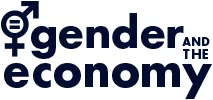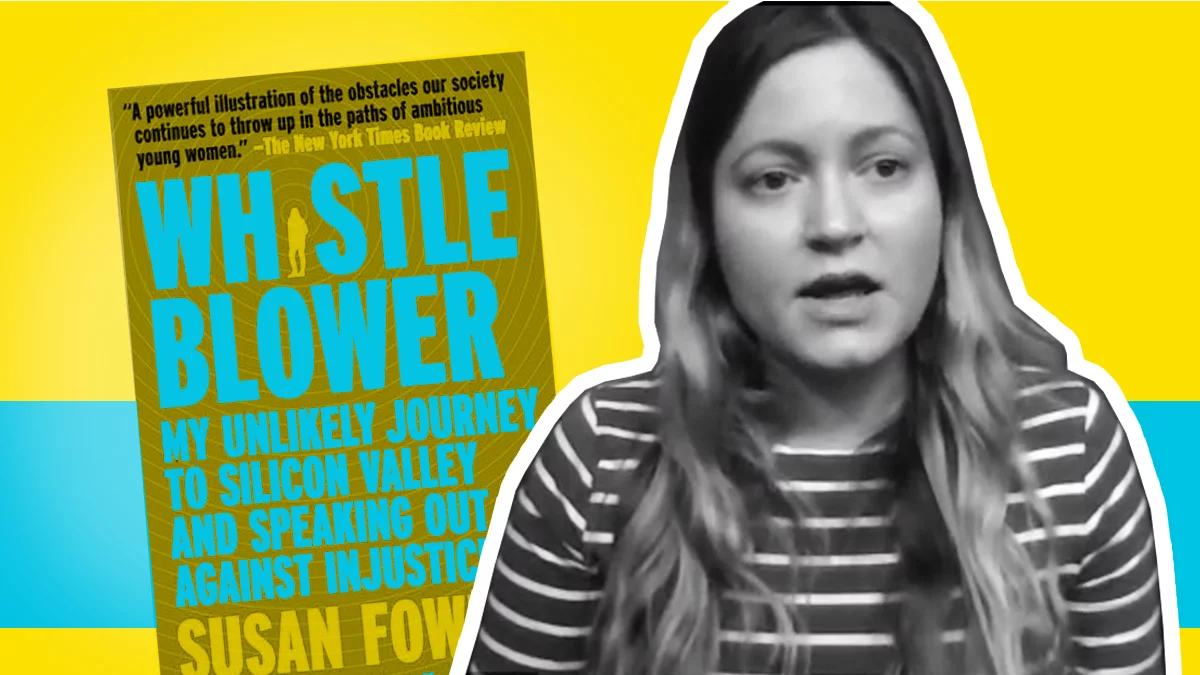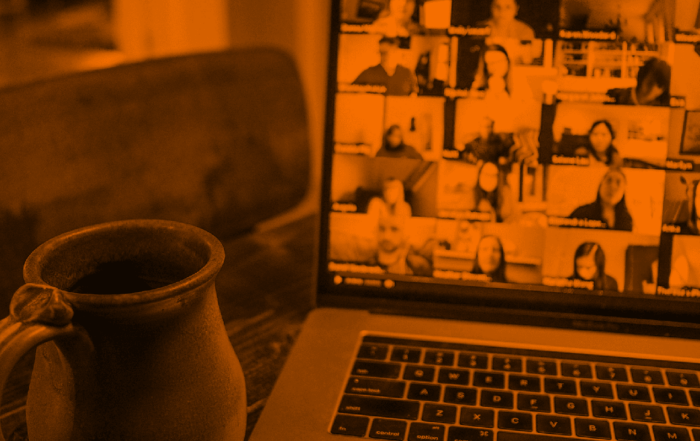Susan Fowler was just twenty-five years old when her blog post titled “Reflecting on One Very, Very Strange Year at Uber,” describing the sexual harassment and retaliation she experienced at Uber riveted the nation. Her post would eventually lead to the ousting of Uber’s powerful CEO, and its ripples extended far beyond that. Her courageous choice to attach her name to the post inspired other women to speak publicly about their experiences. In the year that followed, an unprecedented number of women came forward and Fowler was recognized by Time Magazine as one of the “Silence Breakers” who ignited the #MeToo movement.
In conversation with Phanikiran Radhakrishnan, Associate Professor, Teaching Stream, University of Toronto Scarborough, Department of Management, Fowler, writer and former Technology Op-Ed Editor, New York Times and author discussed her book, “Whistleblower: My Unlikely Journey to Silicon Valley and Speaking Out Against Injustice”. Fowler detailed the retaliation she faced from sexual harassment reporting and drew from her personal experience to offer advice for evaluating prospective workplaces. Although there is now a light on harassment issues, incidents within organizations are often not made public because of restrictive NDAs. While you may not know everything about a company, Fowler stressed that it is important to know your rights as well as who to escalate things to. “One of the most powerful things you can do to protect yourself is find ways to educate yourself about what your legal rights are.”
Although there is now a light on harassment issues, incidents within organizations are often not made public because of restrictive NDAs.
How does pay inequity link to harassment?
It is a red flag – if there is pay inequity, there are probably underlying problems that will raise the likelihood of other forms of discrimination, such as harassment.
What if the sexual harasser is considered a “high performer”?
Upon reporting her manager for harassment, Fowler was told he would not be removed because he was considered a high performer. A sexual harasser is never a high performer, according to Fowler. “Not only are they harming other employees, they are a huge liability to the company. That is not being a high performer.”
How can people support those experiencing harassment?
- It’s never a bad idea to stand up for someone at work. Susan became isolated at Uber and was told to sit alone. Colleagues came to sit with her to show their support, offering a much needed morale boost.
- Isolated incidents of harassment happen everywhere, but the key is that it should not become systemic, and it shouldn’t be covered up.
Watch Fowler discuss the red flags you should be looking out for when researching an organization.
Or register below for these upcoming events






